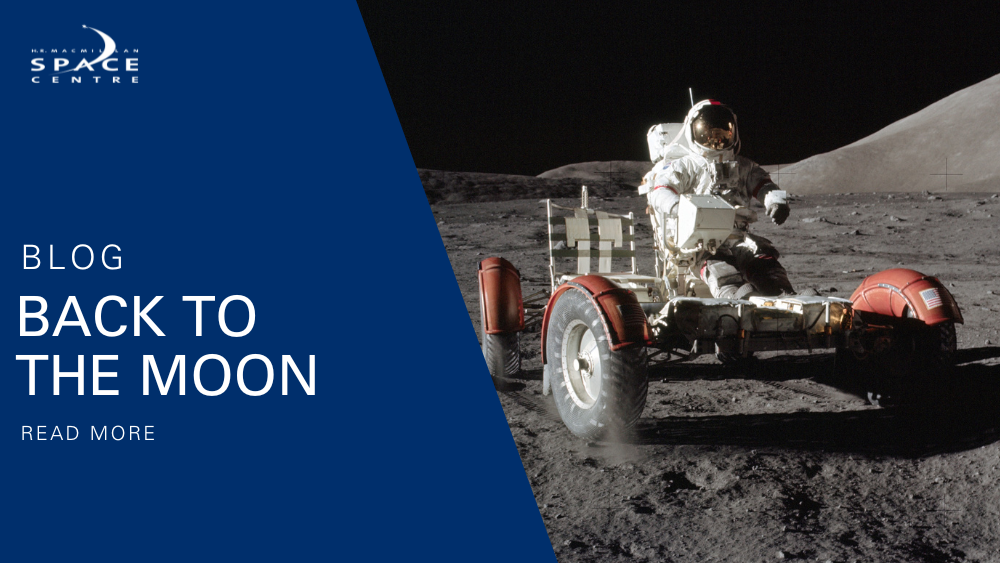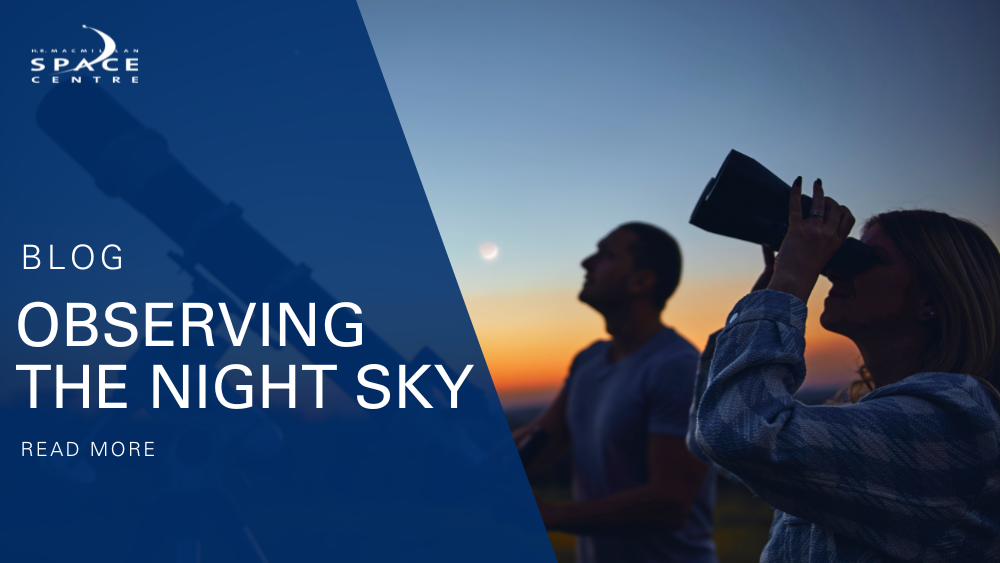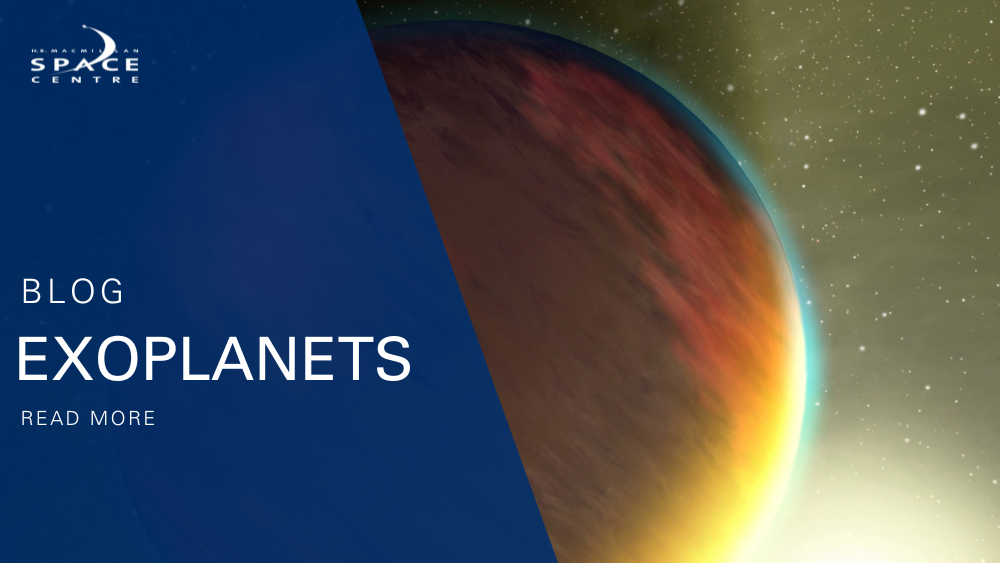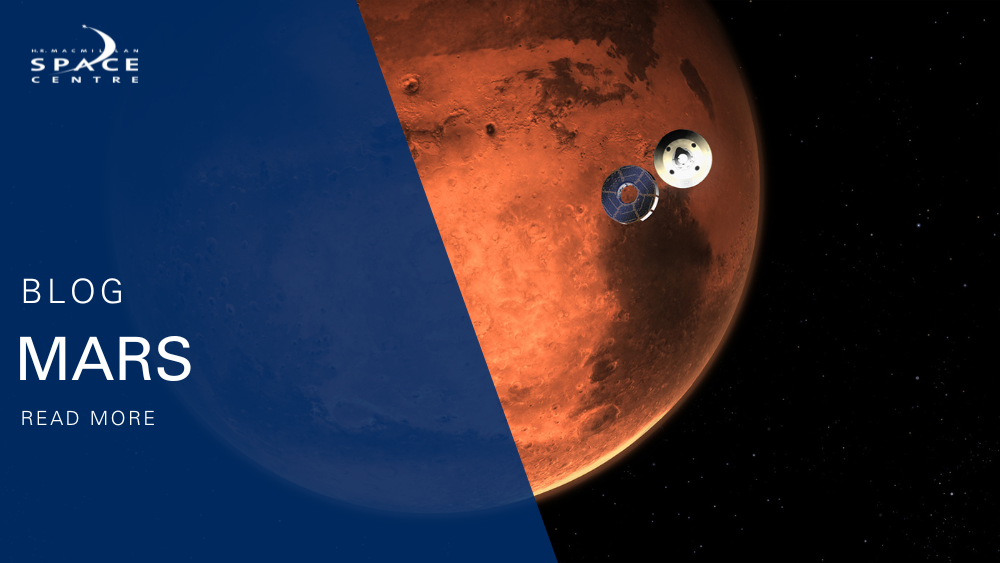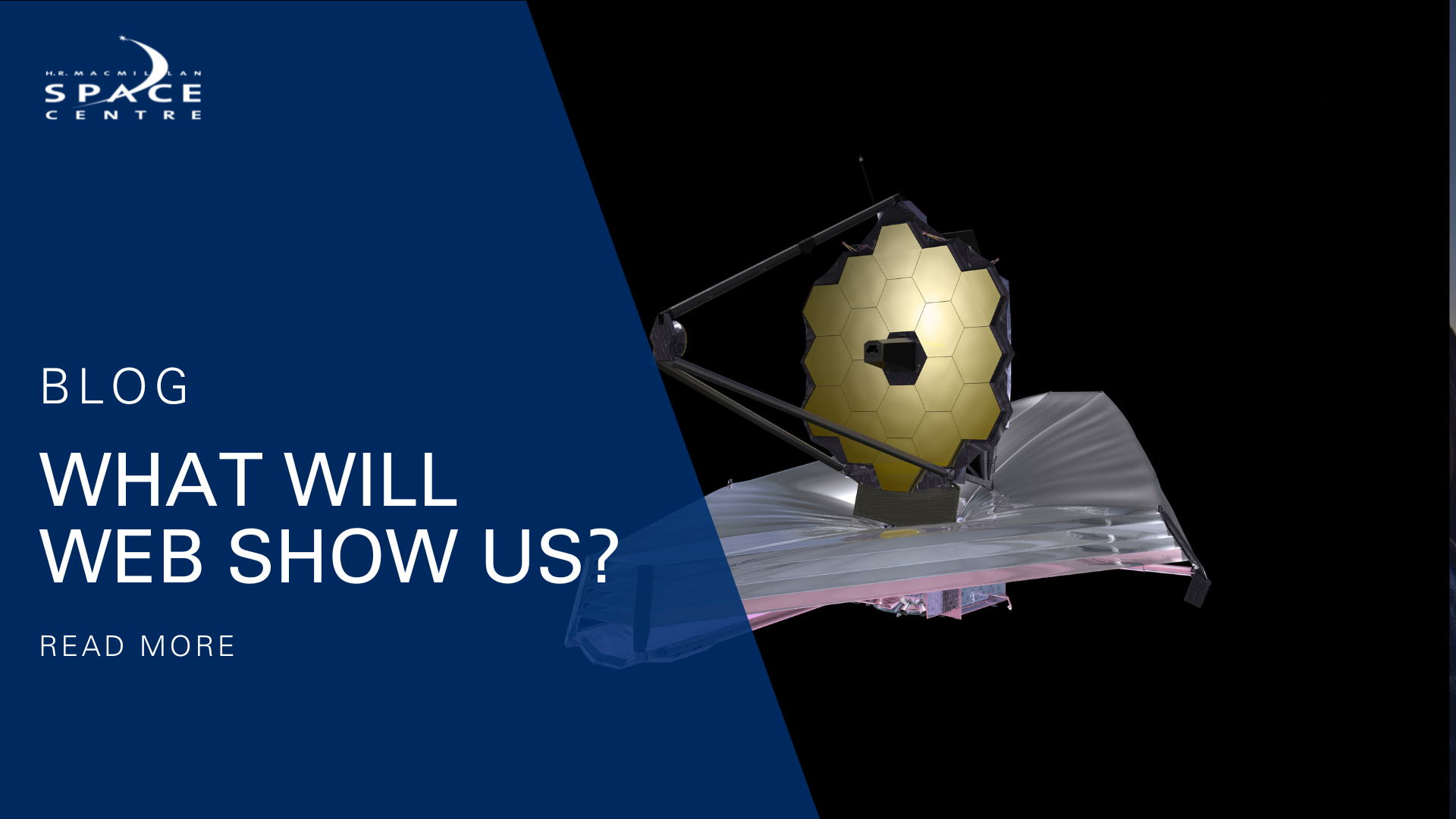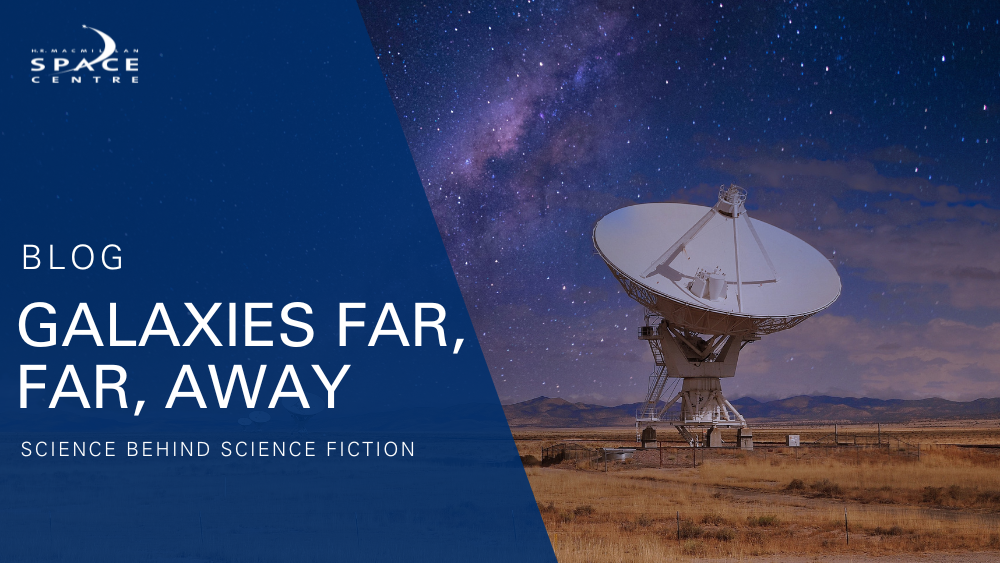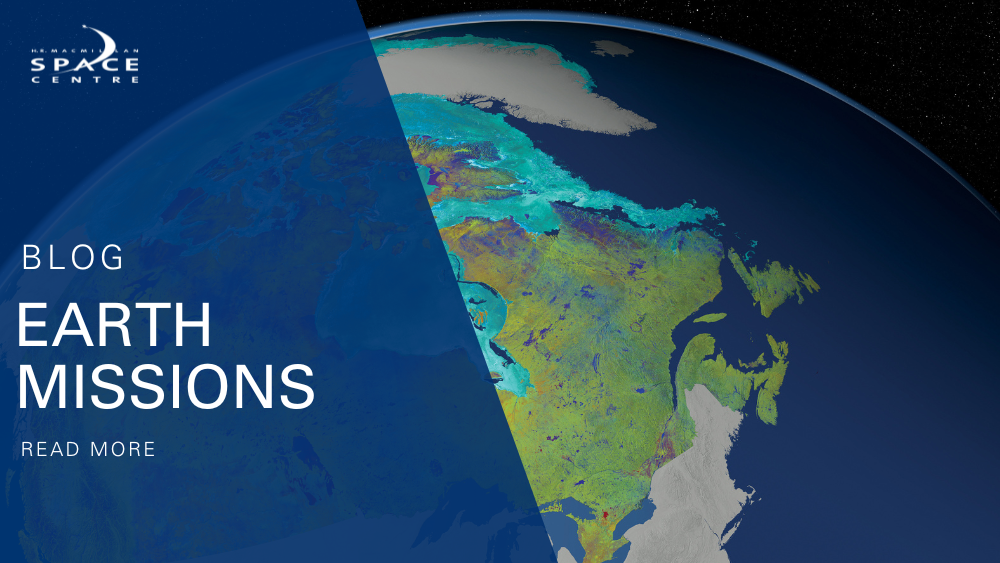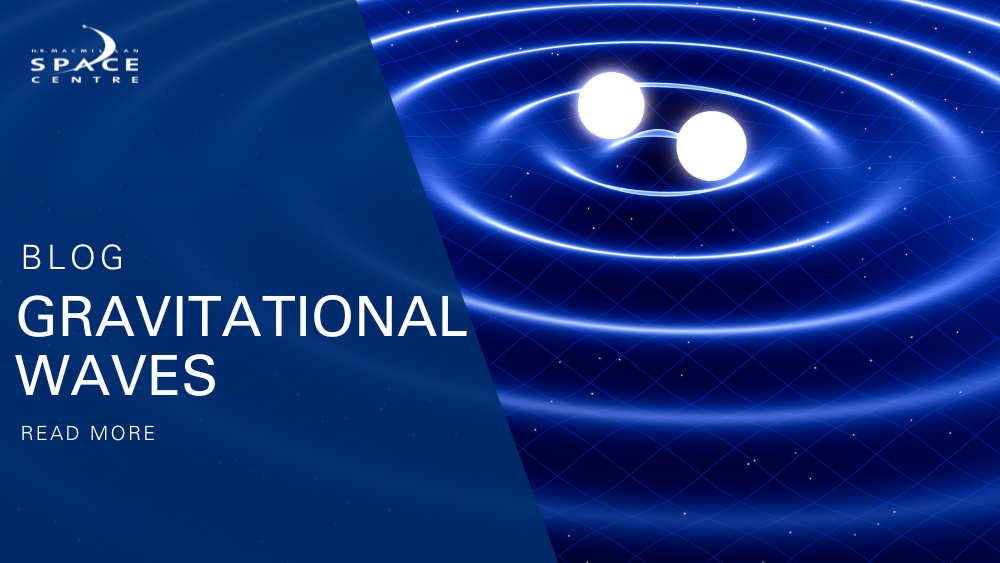Author: HR MacMillan Space Centre
-
Redshift
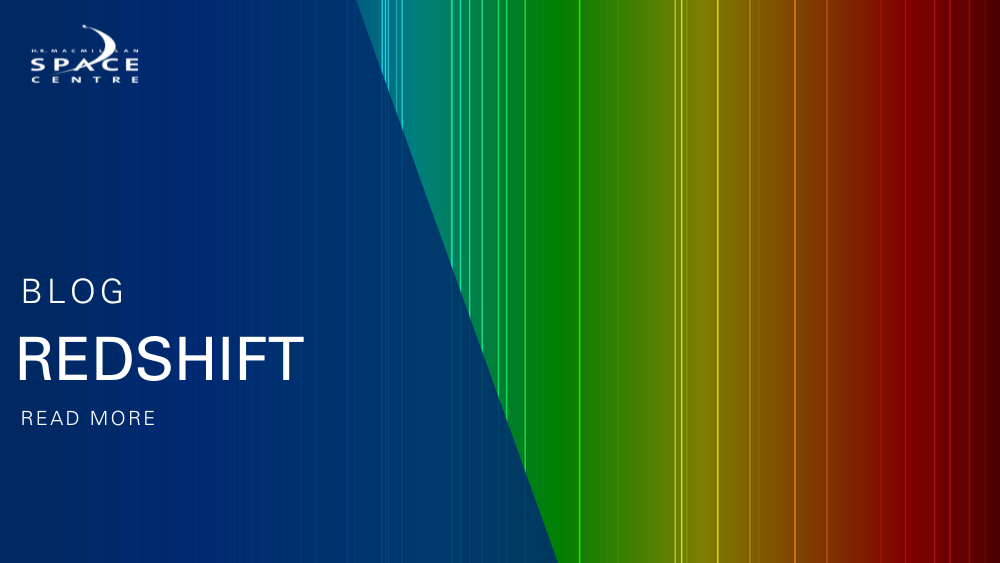
From radio waves to gamma rays, astronomers are able to learn so much about astronomical objects based on the type of light observed from them. Learn about one way astronomers use light to learn about an object: redshift.
-
The Multiverse

When scientists discuss the multiverse, they are referring to the idea that beyond our observable universe, many other universes may exist. What those universes look like, and how they came to be is still unknown, but there are currently three multiverse theories in physics.
-
Back to the Moon

It has been over 50 years since humans last stood on the Moon’s surface. Learn about upcoming missions that will take us back to the Moon.
-
Observing the Night Sky

The nights have been getting longer, which means more time to observe the night sky. For this blog, I want to go through some helpful information on observing the night sky, which answered questions that I had when I first started observing, and will answer what others have asked me.
-
Exoplanets

Our theme for the month of August is Exoplanets, planets outside of our Solar System. In March, the number of confirmed exoplanets climbed past 5000, and there are nearly 9000 waiting to be confirmed as exoplanets. To commemorate this milestone, I thought we could take a look at the history, and the future, of exoplanet…
-
Mars

Our theme this month is Mars, and as we head into the Martian winter, I wanted to check in on missions new and old – and take a look at the future.
-
What will Webb Show Us?

We’ve been through quite a journey with JWST. After surviving a cancellation attempt in November 2011, and going through multiple launch delays (five in 2021 alone!), the telescope is about to conduct science operations. More than 11,000 hours of observations are set to go ahead as soon as the telescope is ready. To finish its…
-
Galaxies Far, Far, Away: Science Behind Science Fiction

Our theme for the month of May is the science behind science fiction. I wanted to take this opportunity to talk about my favourite science fiction movie of call time: Contact. Some spoilers will follow!
-
Earth Missions

Climate change impacts all aspects of life here on Earth, as all environments are interconnected. Scientists use orbiting satellites to study changes in Earth’s environments on a global scale and try to determine the trends due to climate change. The three missions I’m highlighting all look at the impacts of climate change in different areas:…
-
Gravitational Waves

Up until the first confirmed gravitational wave (GW) direct detection by LIGO/Virgo in 2015, researchers have relied almost exclusively on electromagnetic (EM) radiation (i.e. light) to study our universe. These ‘messengers’ carry different but complementary information, pioneering the growing field of multi-messenger astronomy.

